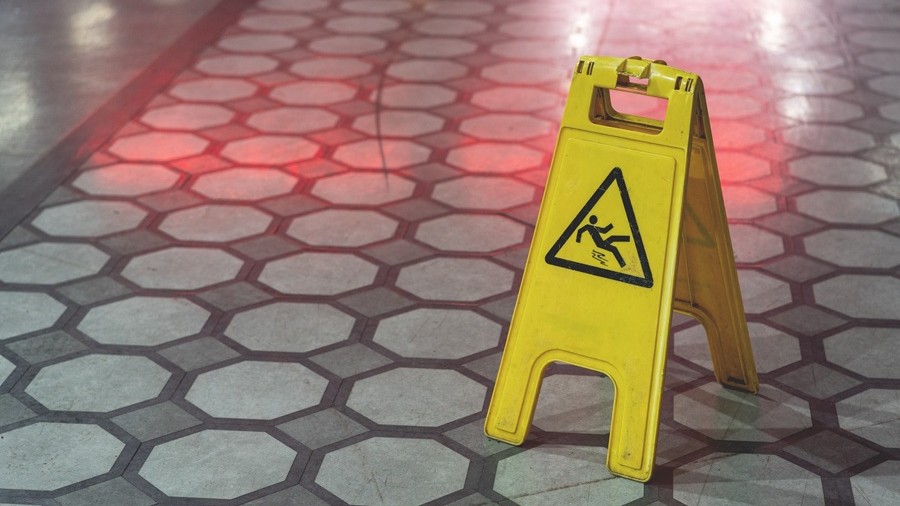Care and life sciences sector – regulatory update
Organisations operating in the care and life sciences sector will be familiar with regulatory engagement and investigation. Key regulators include the Care Inspectorate, Medicines and Healthcare products Regulatory Agency, the…
READ MORE




